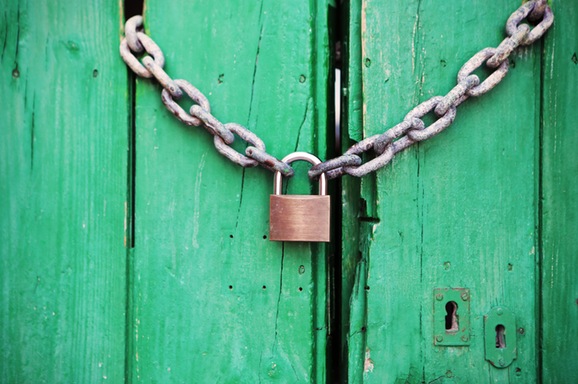Cyber Security: Keeping Elderly People to Stay Safe Online
Cyber security is something that we all should be aware of these days. The risks keep growing as more and more people go online via computers, tablets and phones, but elderly people are particularly at risk.
If you have an elderly friend or relative who uses a computer or smartphone, here are some of the things you should keep in mind to make sure they remain safe.
What makes the elderly a target online?
Unfortunately, elderly people present an attractive target to cybercriminals because they are often unfamiliar with the internet and its many risks.
If you have been using the internet for many years, scams like phishing scams may seem obvious to you. But for elderly people who either don’t use the internet much or are completely new to it, these scams can be very convincing.
Scams are also becoming more sophisticated all the time, presenting a growing risk to elderly internet users.
Some of the most common online dangers
There are many dangers for anyone going online, and they are changing all the time. However, there are a few risks that deserve special mention, and you should warn your elderly relative about these.
Phishing emails
These are where you receive an email from your bank or other financial institution claiming that you need to reset your password. You click the link and are taken to a fake page. Once you enter your password, the criminal has your data.
Make sure your elderly relative never replies to such emails. These days, banks never send such emails, so tell them to ignore them, and always ask them to show you if they are unsure about an email.
On the topic of emails, they should only open attachments from people they trust because these can contain viruses.
Computer scams
These are very common scams. They involve receiving a telephone call from a computer specialist telling them that they have a virus. They might say they work for Microsoft or another well-known company.
They then provide instructions for how to get rid of the virus, and if you follow the instructions, they upload spyware so they can access your details.
Explain that legitimate companies never call in this way, and tell them to hang up if they receive such a call.
Weak passwords
Easy passwords can be cracked, which includes passwords with anything familiar like their name, address, or a word like ‘password’.
Help your elderly relative to come up with hard-to-crack passwords, and even set them up with a password manager like 1Password.
You could even write them down on a piece of paper that they keep somewhere safe, and make sure they use a different password for each site.
Online shopping dangers
Shopping online is safe when done properly on a secure website, but it can be risky because you are entering credit card information.
Help your elderly relative to shop online, and make sure they only shop on secure websites that are well-known. Look for ‘https’ at the start of the URL, which means it is secure, as well as a padlock symbol.
Social networking
Social networking is less popular with elderly people, but if your elderly relative wants to use Facebook or Twitter, make sure they know the dangers.
They should not include too much personal information like date of birth, location, address, photos of home, etc. They should also change the privacy settings so that only people they know can see their profile, and you might want to help them do this.
Viruses & Malware
Sometimes clicking on a link to a bad website can infect your computer, so make sure they have anti-virus installed. You never know when you could get infected, and this is the first line of defence. Help your elderly relative to purchase a good anti-virus, and set it up for them.
Stay safe online
These are some of the main scams to look out for, so provide advice and guidance to help your elderly relative online.
But don’t scare them off. The internet can be a fantastic way for elderly people to stay in touch from their home, enjoy entertainment and learn new skills. You may even want to help them find a computing course designed for elderly people so they can learn the basics and have more confidence online.
Just make sure that they always feel they can ask you about anything they are not sure about to avoid potential problems.

